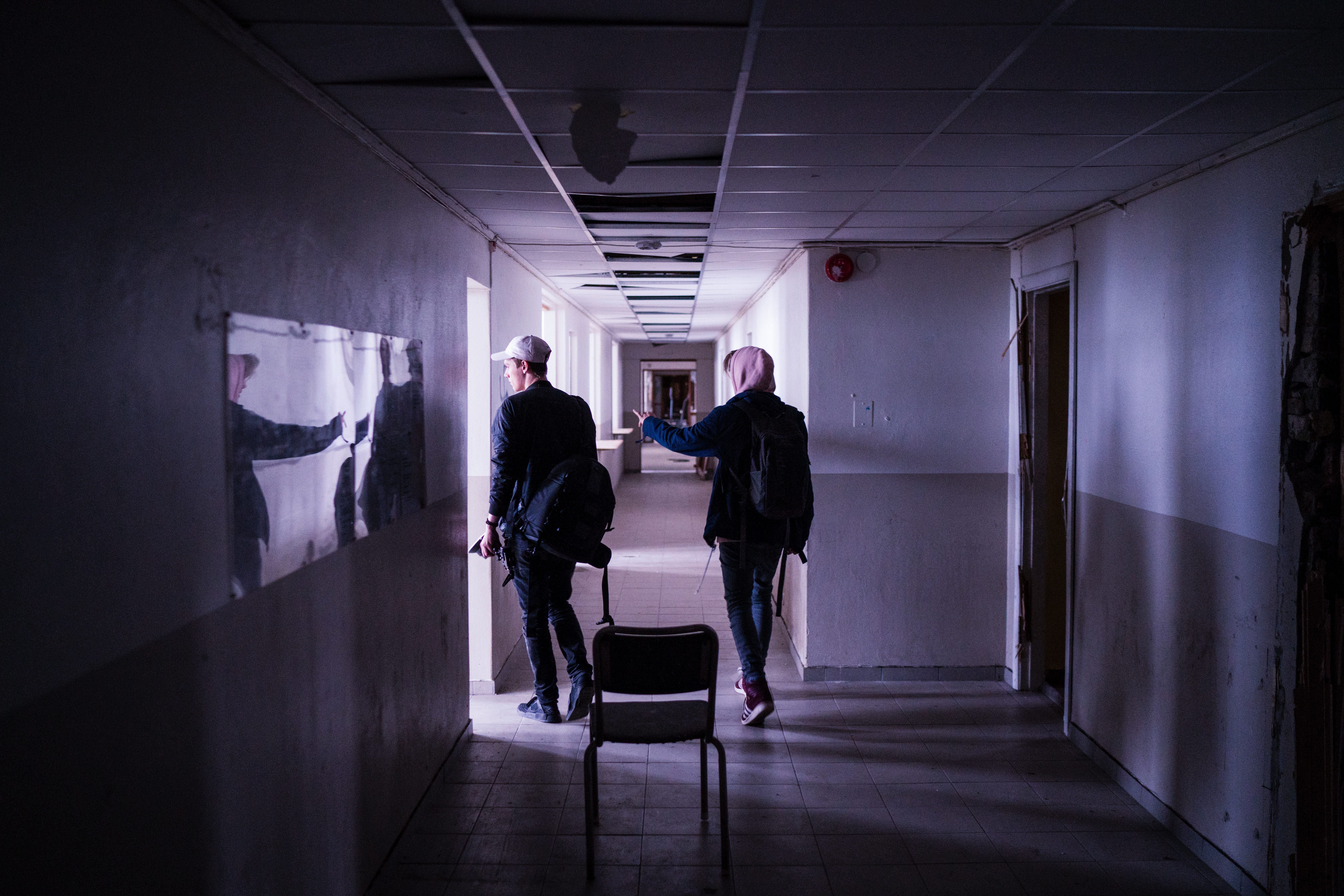This ruling should ensure that those who suffer from mental illness and addiction will receive adequate treatment, just as those with cancer do.
A pivotal court ruling on March 5, 2019, found that a health insurance company, United Behavioral Health, violated the Federal Parity Law. The Federal Parity Law requires equal treatment by insurance companies of patients who suffer from mental illnesses and addiction.
Although addiction has been classified as a disease since the early 1950s by the American Medical Association, negative stigma still surrounds people who abuse drugs. For far too long, insurance companies and healthcare providers have treated people with substance use disorders like they are bad people who make bad decisions. Trends show that there is an alarming rate of denial of coverage for those who suffer from behavioral health disorders. Those seeking treatment for behavioral health services are denied coverage two times more often than those seeking medical treatment.
The March 5th ruling in the case of Wit vs. United Behavioral Health (UBH) concluded that UBH used flawed medical review criteria to wrongly reject the claims of more than 50,000 people who were attempting to obtain coverage for mental health and addiction treatment.
While the denial of treatment would never be tolerated for diseases such as cancer or heart disease, insurance companies deny treatment to people with mental illness and substance use disorders on a daily basis. The ruling in Wit v. UBH brings light to the unfair prejudice placed on those who are trying to get sober and better their lives.

United Behavioral Health Manipulated Guidelines
The ruling found that UBH was manipulating their coverage guidelines to bypass the Federal Parity Law. This law, established in 2008, requires insurers to cover mental illnesses such as depression and addiction in the same way they do medical illnesses of the body such as heart disease, diabetes, and cancer. Violation of the Federal Parity Law was found to be an integral method for UBH to keep their benefit costs low.
The court ruled that UBH’s guidelines were not only denying coverage for mental health and addiction, but they were also reducing the level of care of patients by removing them from residential treatment programs too early. U.S. Chief Magistrate Joseph Spero declared that UBH did not use the American Society of Addiction Medicine (ASAM) guidelines to allow adequate care for patients. Since insurance companies as a whole are not professionally qualified to call the shots on an individual’s treatment, they should not be able to determine the level or length of care that individuals receive.
The Problem with Provider-Patient Care
A major outcome in denial of mental health coverage is that the treatment industry is becoming overwhelmed by low success rates. If patients are being denied coverage regarding the length or type of treatment they receive, treatment outcomes cannot be measured successfully and people start to view the drug rehab industry in a negative light, thinking that rehab doesn’t work.
If insurance providers deny extended coverage, what happens when a person who isn’t ready to move down to a lower level of care no longer has coverage for inpatient treatment? This can increase the chances of a relapse, simply because the insurer made a decision that they were not qualified to make due to an unfair bias towards people with behavioral health conditions.
The ruling should speak loud and clear to insurers that there should be no discrimination against people with mental illness or substance use disorders, as both illnesses are chronic, life or death conditions. The case of Wit. vs. United Behavioral Health should provoke an important shift in how health care providers view and cover behavioral health disorders.
Addiction does not discriminate and neither should health insurance providers. With as many as 19.7 million American adults battling a substance use disorder, addiction should be viewed as a health emergency. Those who abuse drugs deserve a second chance at life. After all, they are not bad people. They are suffering from a chronic, progressive, and fatal disease that deserves the same treatment as other chronic illnesses.


Join the conversation!